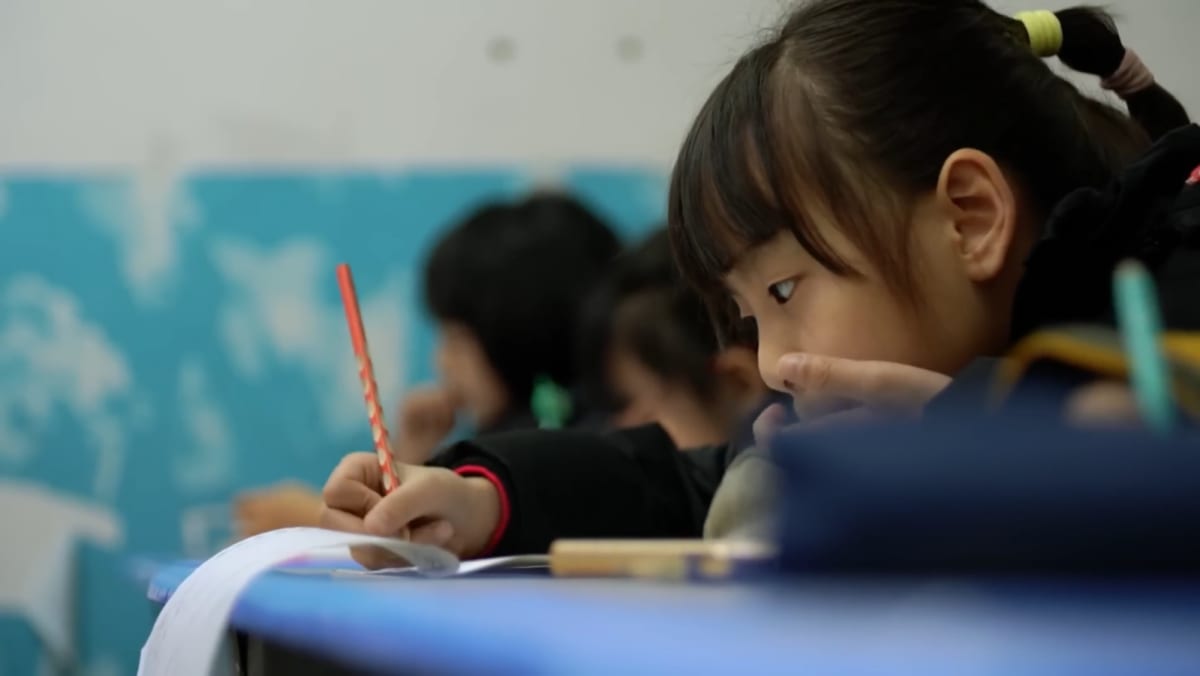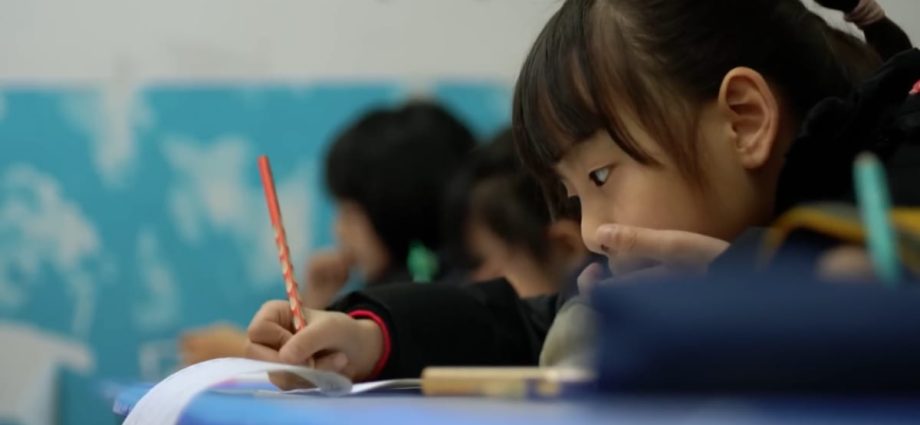
Regulating advertising by private tuition centres or private tutors is another measure to consider. Tuition centres and providers leverage anxiety as a marketing strategy, persuading parents that private tuition is essential to mitigate the risk of being left behind.
For example, some tuition centres use words like “necessary” and “crucial” in their promotional materials, reaching out to even pre-schoolers. It is also common for tuition centres to use high passing rates and percentage of national top scores as supposedly objective measures of their centres’ performance; but in fact, strict selection and filtering processes of students may have been applied before enrolment and throughout the duration of their programmes.
Another notable concern is the sector’s excessive segmentation due to varying tuition fees, resulting in unequal access. For tuition to function properly as a supplementary element in Singapore’s education system, it is imperative to regulate costs, thereby ensuring equal opportunities for all.
On top of all this, the challenge is also in determining who should regulate. This responsibility cannot rest solely with MOE, as its primary role is to oversee education as a public good rather than for private consumption.
Parents may require much more time to significantly shift their mindset, while the education system is gradually transforming – but the private tuition sector will need to be made to evolve too.
Dr Xue Zhang is a Research Fellow at the Centre of Excellence for National Security (CENS), S Rajaratnam School of International Studies (RSIS), Nanyang Technological University (NTU), Singapore.
Dr Intan Azura Mokhtar is an Associate Professor and Director of the Community Leadership and Social Innovation Centre (CLASIC), Singapore Institute of Technology (SIT).

